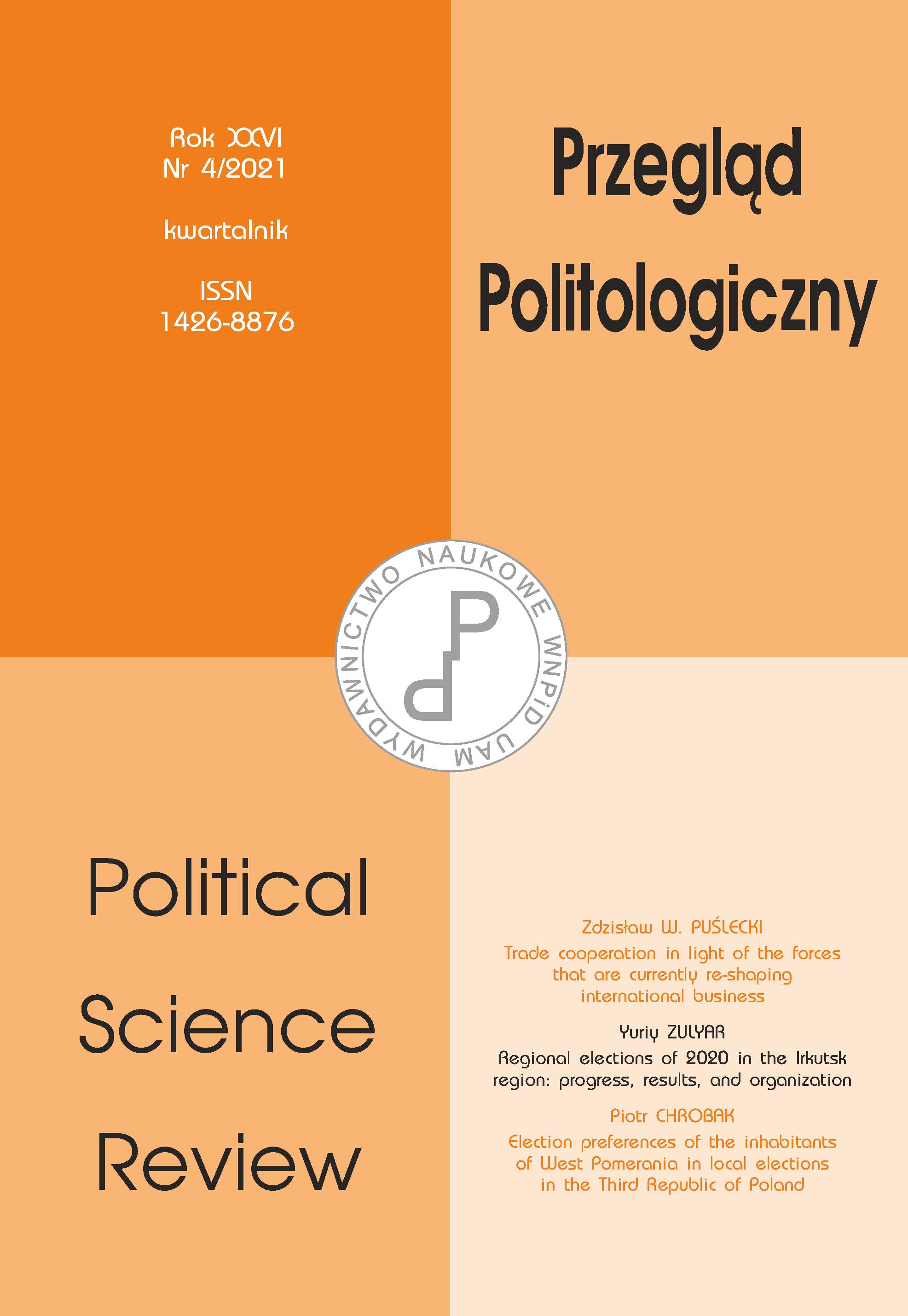The reasons of the implementation of the concept of smart villages in the European Union
The reasons of the implementation of the concept of smart villages in the European Union
Author(s): Barbara PanciszkoSubject(s): Politics, Geopolitics
Published by: Uniwersytet Adama Mickiewicza
Keywords: smart villages; European Union; rural areas; smart accessibility; smart environment; smart rural society
Summary/Abstract: The aim of this article is to identify the main challenges facing the rural areas in the European Union (EU) and to investigate whether implementation of the concept of smart villages makes it possible to face these challenges. These challenges are: depopulation, aging of the society, climate change, growing demand for food, environmental degradation, peripheralization or low income of rural populations, pandemic COVID-19. The first part describes the situation in rural areas, using statistical data from the reports of the European Commission and Eurostat. Then the roots of the concept of smart villages in the European Union were presented. Its six components have been identified: smart society, smart economy, smart agriculture, smart management, smart environment and smart associability. In the last part, it was checked whether the implementation of the concept of smart villages responds to the main challenges faced by rural areas.
Journal: Przegląd Politologiczny
- Issue Year: 2021
- Issue No: 4
- Page Range: 37-48
- Page Count: 12
- Language: English

